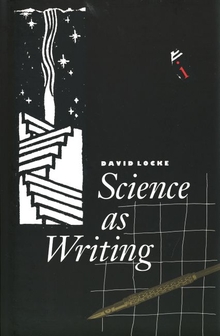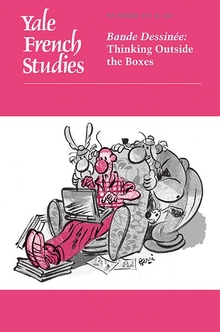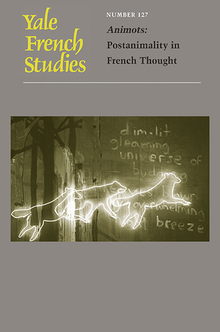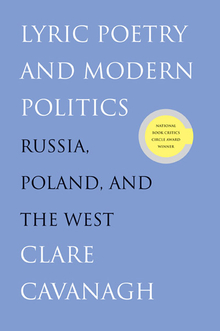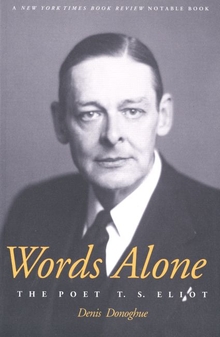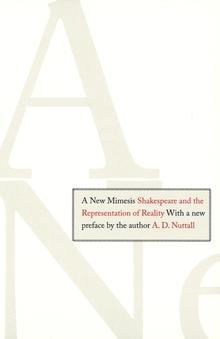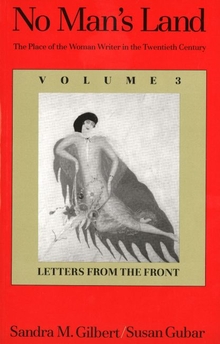Science as Writing
WARNING
You are viewing an older version of the Yalebooks website. Please visit out new website with more updated information and a better user experience: https://www.yalebooks.com
David Locke
Locke takes up in sequence six critical perspectives on reading. These view literary texts as: essentially a representation of the real world; an expression of its author's thoughts and feelings; an activator of response from its readers; a work of art, interesting in its purely formal properties; an artifact situated in a social milieu; or an instrument that brings the world of phenomena into being. Locke applies these perspectives to the reading of a variety of scientific texts, from works by Galileo and Darwin to writings in contemporary molecular biology and theoretical physics. Locke suggests that attention to the literary qualities of scientific discourse will aid in further opening up the literary canon and widening the practice of literary criticism, even as it sharpens science's growing interest in, and understanding of, its own mode of operation.
"While philosophers and sociologists of science have developed a strong critique of the idea that science is a totally objective and disinterested activity, nobody has better or more lucidly presented the arguments for that critique than David Locke."—George Levine, Rutgers University
"This book is a gem. Starting from a foundation of profound respect for science and scientists, critical, yet avoiding the partisan jargon of modern literary discourse, David Locke gently and deftly demonstrates that the language of science hardly represents reality, as scientists would like it to. Instead science is writing, a rich living text, with its codes and subtexts, to be interpreted by its scientific readers in a multitude of ways. Locke's method eschews addiction to one or another critical fashion. He offers a sympathetic, deep reading of Charles Darwin and Barbara McClintock, of Einstein and Jacques Loeb, of the constructed narrative of the classic Watson and Crick paper along with Galileo. From these readings Locke masterfully reconstructs the aims of any text—to express the author's feelings, to represent the world given to us, to create a new one. The intuitions and connections drawn in this book are humanistic, critical, and literary—no one has done this for science until this readable volume."—Roald Hoffmann, Cornell University
"Locke's case for treating scientific texts within the literary ambit is forcefully made and by and large compelling. . . . Locke's book is not guilty of what perhaps is the most pressing worry whenever deconstruction rears its head - jargon. The book is plainly written, and for the most part clear."—Trevor Pinch, Times Higher Education Supplement
"An English professor with a chemistry background, Locke is sympathetic to both rhetoric and science. He urges that science—the science that is seen publicly—is writing."—Choice
"[An] important book. . . . We can all further a good cause by buying and reading and teaching this book."—Alan Gross, Forum
"By means of graceful argument, telling excerpts, and a clear grasp of science and textual analysis, Locke shows how the compositional processes, if not the results, of science and literature are similar."—Gerald Weissmann, The Yale Review
Publication Date: October 28, 1992

